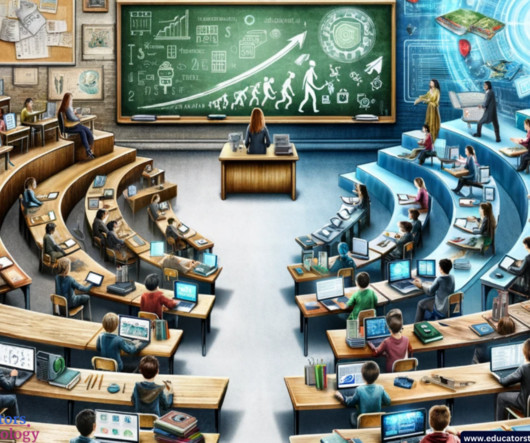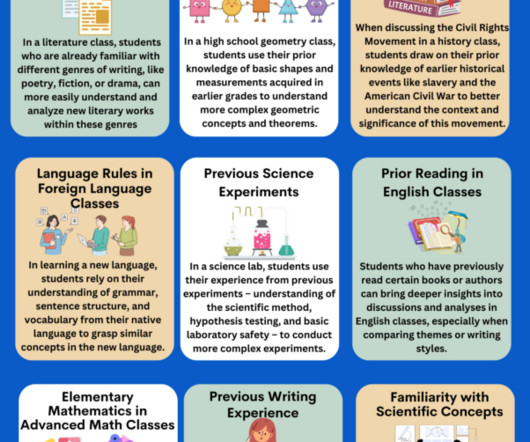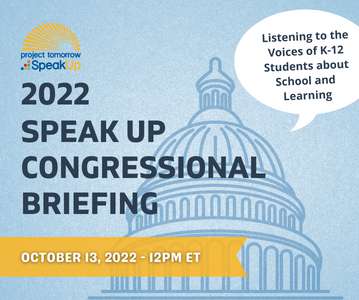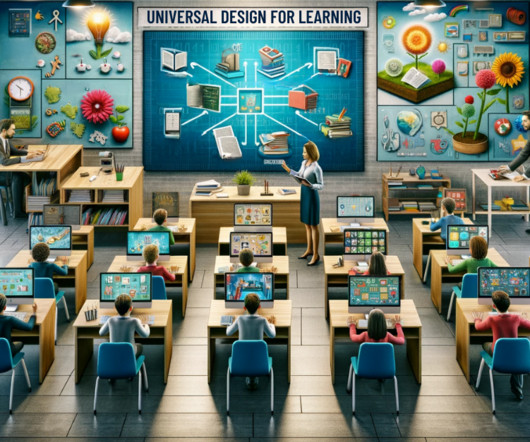Characteristics of The 21st Century Classroom
Educational Technology and Mobile Learning
JANUARY 4, 2024
When I embarked on my teaching journey back in 2003, the landscape of the classroom was quite different from what we see today. Reflecting on this evolution, I’m struck by the radical changes that have shaped the educational environment, particularly in this early part of the 21st century.





















Let's personalize your content